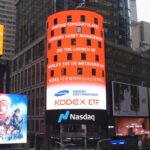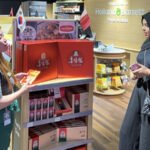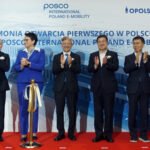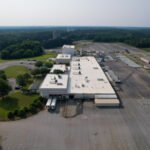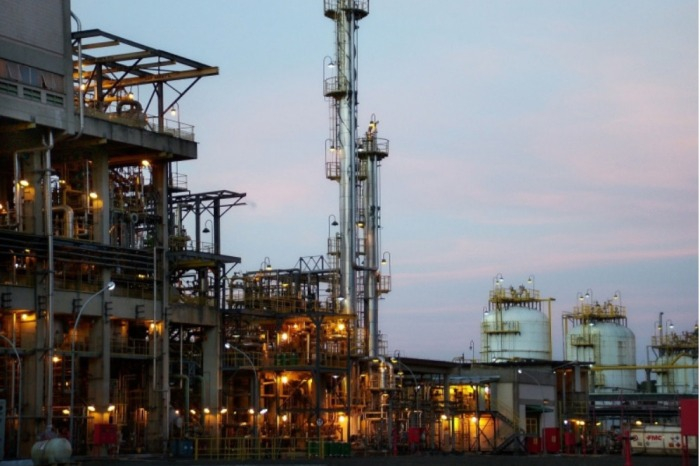
DL Chemical Co., South Korea’s leading petrochemical company, has embarked on a process to sell Cariflex Pte about five years after acquiring the Singapore-based latex and synthetic rubber maker, in a bid to rebalance its portfolio.
According to sources in the chemical industry on Thursday, the Korean company has been in talks with multiple domestic and global investment banks to appoint a lead advisor for the sale.
Headquartered in Singapore, Cariflex produces specialty synthetic rubber and latex used for medical materials such as surgical gloves and rubber stoppers. DL Chemical acquired it in 2020 from Texas-based specialty chemical manufacturer Kraton Corp. for $530 million.
Since then, Cariflex, the world’s No. 1 producer of isoprene rubber latex (IRL), has become a cash cow for DL Chemical, posting an operating margin of nearly 20% on the back of steady demand for specialty synthetic materials.
With the Korean won weakening against the US dollar since 2020 and Cariflex’s continued outperformance, analysts say the unit’s valuation could exceed 1 trillion won ($721 million).
Given Cariflex’s position as a top specialty producer, analysts expect strong interest from industry peers seeking to scale back exposure to commodity chemicals, as well as from private equity firms at home and abroad.
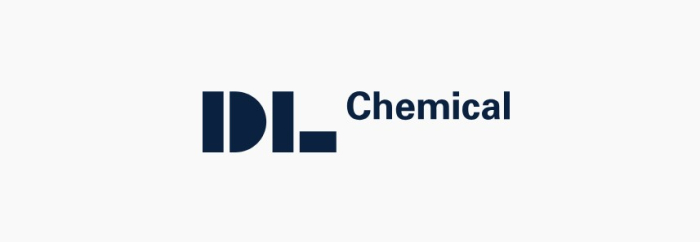
AS PART OF RESTRUCTURING
DL Chemical’s decision to sell Cariflex underscores the group’s push to accelerate a shift toward higher-value specialty products.
The company followed its Cariflex purchase by completing a roughly 2 trillion won takeover of Kraton itself in 2021 – one of Korea’s largest cross-border chemical deals at the time – giving it a full portfolio of latex-related businesses.
Demand for medical gloves and other specialty latex products surged during the pandemic, turning Cariflex into one of the few highly successful overseas acquisitions by a Korean chemical firm.
But while isoprene rubber latex has clear growth potential, DL Group executives concluded the market remains too small to support the company’s broader ambitions to elevate the chemical unit as one of the world’s top 20 chemicals companies.
The decision to cash out Cariflex is also expected to ease DL Chemical’s financial pressure as its debt-to-equity ratio has soared to as high as 350% this year. The proceeds from the sale should help bring leverage down quickly.
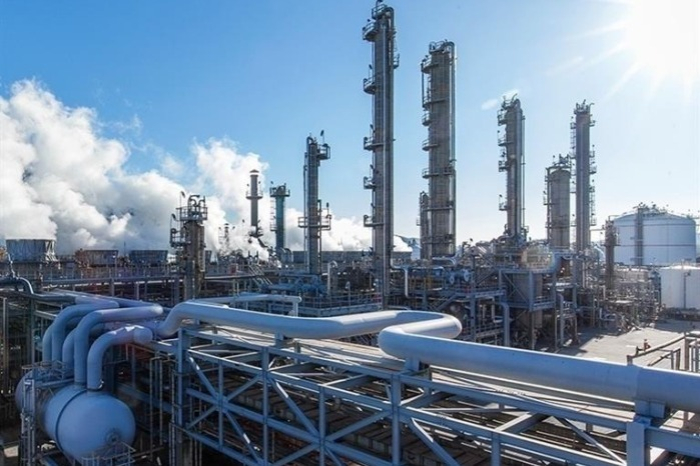
The sale also comes against the backdrop of a prolonged slump in Korea’s chemical sector, pressured by oversupply from China’s aggressive capacity expansion.
The Korean government has urged restructuring to prevent deeper losses, while a recent study by Boston Consulting Group for the Korea Chemical Industry Association warned that nearly half of domestic petrochemical firms could collapse within three years if conditions persist.
Policymakers have outlined three priorities for the industry: cutting excess capacity, shifting toward higher-value specialty products and improving financial stability while minimizing fallout for local economies and jobs.
DL Chemical is a top shareholder in Yeochun NCC Co. (YNCC), one of Korea’s largest petrochemical producers, which halted operations at a third plant last month amid liquidity strains.
Industry watchers say a permanent shutdown remains possible, though disputes with fellow shareholder Hanwha Solutions Corp. complicate the decision.
By Jun-Ho Cha
chacha@hankyung.com
Sookyung Seo edited this article.

